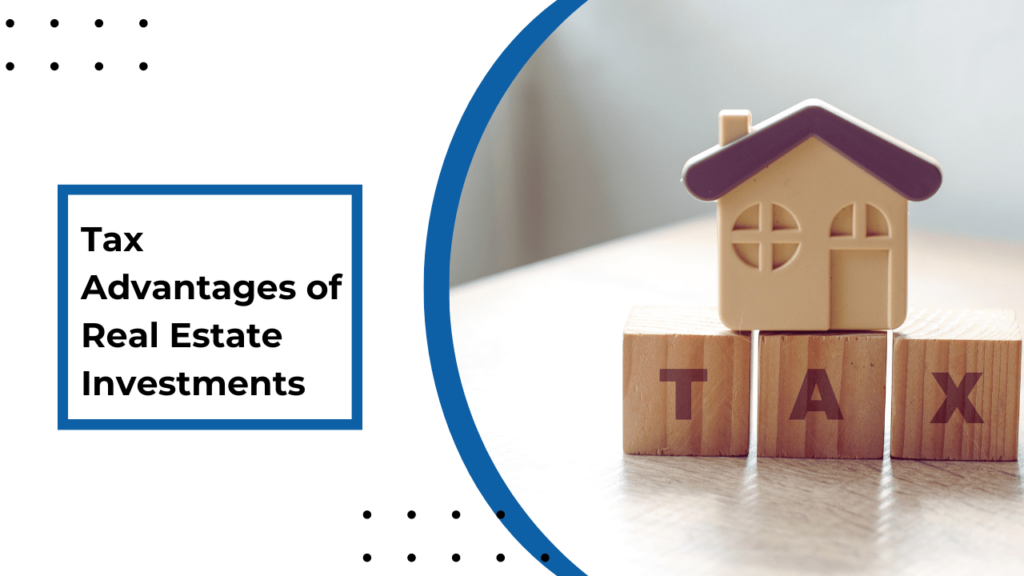
Every property owner’s real estate investment in Santa Rosa is a significant responsibility. You will be required to carry out multiple tasks, from marketing your property to leasing it to your potential residents. However, such an investment also offers several benefits, such as steady income, real estate portfolio diversification, and high returns on investment. One of these many benefits is rental property tax deductions.
With a profitable real estate investment, a savvy investor can deduct expenses from the upkeep, management, and other miscellaneous costs associated with property rental and ease the tax burden. Because of the complex nature of the tax code, we have outlined a few tax advantages of real estate investing for Santa Rosa Investors:
1. Operating Costs
As the IRS explains, investors can write off operating costs for managing and maintaining an investment property. You can divide these expenses into ordinary and necessary expenses. While ordinary costs are generally accepted in business, necessary expenses are deemed appropriate. These costs may include insurance, regular maintenance, repairs, property management fees, leasing commissions, pest control, professional service fees, like an accountant or real estate attorney, and utilities paid directly.
2. Mortgage Interests
You are eligible for a tax credit if you have purchased your investment property through a nonprofit organization designated by the U.S. Housing and Urban Development Secretary or a shared equity mortgage. Apart from this, landlords can write off home improvement loan interests and credit card interest on products or services used in rental properties.
3. Depreciation Deduction
As a professional investor, you can deduct depreciation on a rental or fix and flip property. Depreciation is the decrease in the selling value of your home. For tax purposes, depreciation is considered a net loss on real estate investment independent of any profits made on the property. You can deduct the depreciation of the rental unit plus any capital improvement over 27.5 years for residential properties and 39 years for commercial properties.
For instance, if you purchase a rental property for $150,000, you can deduct an annual depreciation of $5,545 ($150,000/27.5 years) along with certain capital expenses like installing a new HVAC system or replacing a roof over the years.
4. Pass-Through Deduction
The IRS defines passive income as any money a property owner earns from a rental activity or business. Real estate investors who qualify for this income deduction can deduct up to 20% of their net business income from taxes, subject to several restrictions. To be eligible for this deduction, an investor should have a qualified business income and own a pass-through business. It includes partnership, S corporation, limited liability company and sole proprietorship.
5. 1031 Exchange
Another tax benefit an investor can get is the ability to defer paying capital gain tax. Usually, when you decide to sell a property, the depreciation expense is captured and taxed as ordinary income to an owner up to the maximum rate of 25%. In addition, an investor also pays long-term capital gains of 0 to 20% on any profit from the sale.
With a 1031 exchange, an investor can put the money by replacing one investment with a similar one instead of keeping the proceeds. However, you must follow a few 1031 exchange rules before deferring paying capital gains.
6. Owner’s Expenses
Apart from property management costs, there are other expenses owners can deduct to reduce taxable income. For instance, you can deduct money spent on real estate investing clubs, subscriptions to business periodicals and tuition paid for continuing education.
Additionally, if you are going on a business tour, you can deduct the expenses if they meet the criteria described in IRS publication 463. The standard mileage deduction is the simplest way to deduct business-related expenses. You can keep track of actual itemized costs, such as gas, car payments, and insurance and deduct a proportional share at the year’s end.
 Numerous tax benefits accompany a real estate investment but to claim them, investors should have a backup to support their claims. One way to track the income and expenses for an investment property is by taking the assistance of an experienced property management company like PURE Property Management. We make it easy for investors to track their rental profit and costs, export tax-ready financials and keep the documents every investor needs.
Numerous tax benefits accompany a real estate investment but to claim them, investors should have a backup to support their claims. One way to track the income and expenses for an investment property is by taking the assistance of an experienced property management company like PURE Property Management. We make it easy for investors to track their rental profit and costs, export tax-ready financials and keep the documents every investor needs.
For more information on tax benefits, contact us at PURE Property Management.





 Nicole Burns
Nicole Burns

 Katie O’Brien
Katie O’Brien

 Matthew Johnson
Matthew Johnson Nicki Teldeschi
Nicki Teldeschi David Carlson
David Carlson